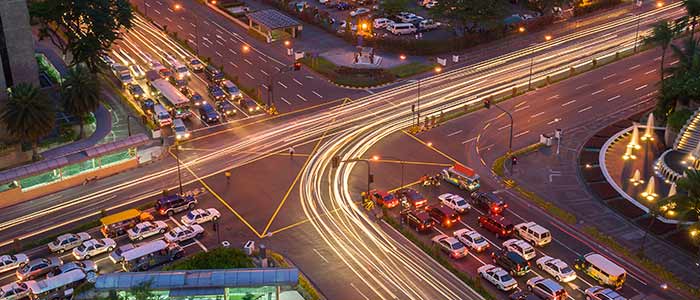Web_PhillippinesInfra_iStock_000023747736_Large.jpg

Manila, Philippines at rush hour
That warning has come from the World Bank in its Philippines Urbanization Review, which said decisions made now would affect how cities grow and contribute to improving the lives of millions of people in the country.
Mara Warwick, World Bank country director for the Phillipines, said: “City competitiveness is an important part of successful urbanization, because it creates jobs, raises productivity and increases people’s wages. But that is not enough. Cities need to be inclusive and sustainable. They should have good land use management and strong institutions.”
Some 45% of Filipinos live in urban areas and that is expected to double to 102 million people by 2050, generating higher demand for housing, basic services, transportation and jobs.
Philippine cities generate more than 70% of the country’s gross domestic product, with more than half coming from the capital region Metro Manila, the world’s eighteenth ranking mega-city. Last year, the country posted one of the world’s fastest growth rates.
But the report said the country’s inadequate investment in infrastructure had led to traffic congestion, lack of basic services and rising risk from natural hazards, which combined to undermine the efficiency of cities and exacerbate inequality.
It called for more affordable mass transport, simplified business licensing requirements to attract more investment, more attention to affordable housing and basic services and better encouragement to poor children to finish secondary education.
Warwick said: “As one of the fastest urbanising countries in the region, urbanisation presents a great opportunity for economic growth, job creation, and poverty reduction for the Philippines.
“Yet, the speed and scale of urbanisation brings challenges. Demands for housing, basic services, functional transport systems, and jobs continue to surge. And as cities fail to keep pace with the rapid urbanisation, informal settlements grow and inequality widens.”













